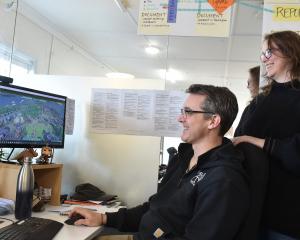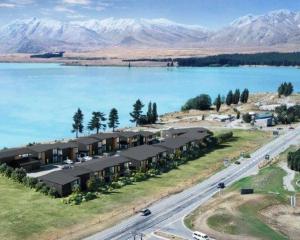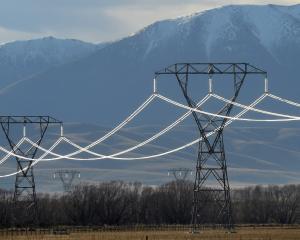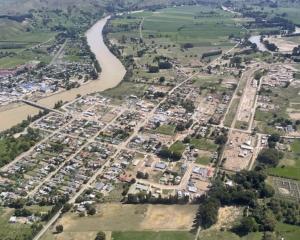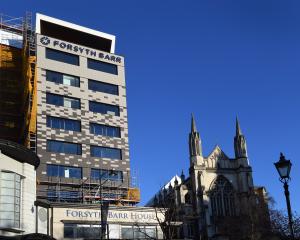Stronger house prices are encouraging sellers to put houses on the market with house listings rising 8.1% in July, figures released yesterday show.
The seasonally adjusted national asking price rose in the month to a new high of $465,191, up 8% on July last year.
New record asking prices were also seen in Auckland, Canterbury and West Coast regions, the figures from realestate.co.nz show.
In the Central Otago-Lakes region, the asking price was up 3.5% to $635,732 and in Otago, the asking price was up 4% to $285,579.
The Southland asking price was down 4.4% to $229,807.
New listings throughout New Zealand recovered from the lows reported in June, with 9857 new listings coming to the market. That was up 9% compared with June and 5% on July last year.
The inventory of unsold homes on the market eased slightly in July to 27 weeks of equivalent sales.
Central Otago-Lakes hit record low inventory levels in July, falling to 55 weeks, 41% below its long-term average.
In Otago, the inventory level was 24 weeks compared with a long-term average of 28 weeks. Canterbury has levels of 15 weeks and Southland 43.
Market sentiment was still favouring sellers, despite the easing in inventory, and was reflected by the high asking prices seen in July, the figures showed.
''As we head out of winter, we expect to see a healthy flow of new listings which will help open up the options for buyers and ease some of the market pressure.''
ASB economist Christina Leung said the housing market remained tight with national total house listings continuing to edge lower.
Housing demand had improved this year, underpinned by low interest rates and a turnaround in net migration, reflecting the more favourable outlook for New Zealand's labour market.
''Against the backdrop of an undersupply in the housing market as a result of very low levels of construction in the wake of the global financial crisis, the imbalance between supply and demand has placed upward pressure on house prices,'' Ms Leung said.
The Reserve Bank had shown increasing concern at the rising housing market pressures and in the July Official Cash Rate review explicitly linked the inflation effects of a stronger housing market and construction to the timing of the OCR increases, she said.
There had also been increased focus on high loan-to-value ratio (LVR) lending, and the Reserve Bank was due to respond to its early June consultation paper on ''speed limits'' for high-LVR mortgages.
It was possible the Reserve Bank had found the practicalities of implementation to be more complex than envisaged, resulting in a delayed response to the consultation.
''We do not expect the measures, if and when implemented, to have much impact on the housing market,'' Ms Leung said.
Westpac chief economist Dominick Stephens said the restrictions expected to be introduced by the Reserve Bank were a ''major fork in the road'' but they would have only a small effect on the housing market.
LVR restrictions were likely to lead to a splitting of mortgage rate pricing. Interest rates for borrowers with low equity would go up as banks sought to ration high-LVR lending through price. That could take the form of mortgage rate specials that did not apply to borrowers with low equity.
Those with high equity might find they enjoyed lower mortgage rates than otherwise, because banks would compete more fiercely for those customers to which they were allowed to lend.
''Some first-home buyers will be excluded from the market by the higher mortgage rates they face.
"These people will rent instead. So the impact of LVR restrictions will be in the direction of lower house prices, higher rents and a lower rate of home ownership than without the restriction.''
The analysis became more interesting when viewed from the perspective of a property investor, Mr Stephens said.
Investors normally had higher equity stakes in their portfolios and would be among the people enjoying discount mortgage rates. Investors would also experience greater demand for rental accommodation and less competition from first-home buyers at auction.
''All up, the LVR restrictions could create great conditions for property investment.''
At a glance
Another national high asking price in July of $465,191.
Central Otago-Lakes asking price $635,732, up 3.5%.
Central Otago-Lakes hits record low inventory levels.
LVR restrictions not expected to greatly affect market.




